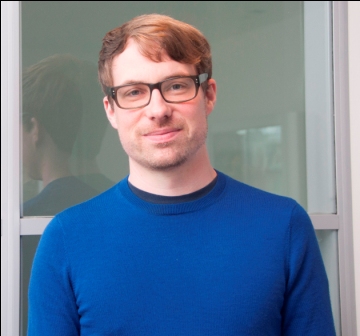
- University home >
- COP28 >
- Melting Metropolis: Everyday Histories of Health and Heat in London, New York, and Paris since 1945
As the summer heatwave of 2022 starkly exposed, urban climates are getting hotter, raising many pressing physical and emotional health concerns for many people across the world.
Working with affected communities, the Melting Metropolis project team are thinking innovatively about ways to understand and tackle the issue. By looking to the past, we are finding solutions to tackle climate change both today and in the future.
We are studying how Londoners, New Yorkers and Parisians have experienced heat and sought to mitigate its impact on their health and well-being. We are taking into account people’s lived experience alongside the actions of urban authorities and planners.
With global temperatures currently rising due to the climate crisis, heatwaves are often amplified through urban heat island effects in cities. This project aims to understand how historical experiences of high temperatures in urban areas can shape how we tackle this pressing issue in the present and future.
Entitled ‘Melting Metropolis: Everyday Histories of Health and Heat in London, New York, and Paris since 1945,’ the project began in February 2023 and will span six years. We use archival research, oral history, ethnography, and community engagement to investigate the challenging interaction between the climate crisis, health, and cities.
In addition to Historians from the Faculty of Humanities and Social Sciences – Dr Chris Pearson and Dr Laura Balderstone, the Project Team will include Dr Shelda-Jane Smith from the Department of Geography and Planning, and Dr Kara Schlichting from Queens College, City University in New York. Research Artist Bryony Benge-Abbott will work with the team, communities, and other artists to creatively explore the past and present of urban heat.
As research artist, Bryony Benge-Abbott leads on creative pilot projects to support the development of longer-term community engagement in the three cities, alongside research into the embodied, sensory exploration and expression of the physical experience of global warming.
We work closely with project partners, the Somers Town Community Association in London, and Urban Archive and Queens Public Library in New York.
Discovery Awards provide funding for established researchers and teams from any discipline who want to pursue bold and creative research ideas to deliver significant shifts in understanding that could improve human life, health, and wellbeing.
This is the first time that researchers at the University of Liverpool have received a Discovery Award.
Researchers from the University of Liverpool received a prestigious Wellcome Discovery Award to investigate the history of heat in cities from 2023-2029.
A team led by the Department of History are examining the effect of extreme heat in three major cities, London, Paris, and New York, in the post-war era (1945 to the present day).
We have four main research aims:
- To develop and deepen understandings of changing experiences of urban heat through engagement with affected communities and historical sources.
- To explore, within climate justice and transnational frameworks, how Londoners, New Yorkers, and Parisians have responded to formal (i.e., public health, municipal) policies and practices related to heat and health.
- To investigate how Londoners, New Yorkers, and Parisians have embraced heat and sought to protect themselves from it.
- To consider how a historical perspective on heat can inform current or planned interventions into improving urban health that go beyond “resilience.”
Follow our story on instagram or via our website: https://www.meltingmetropolis.com/.
